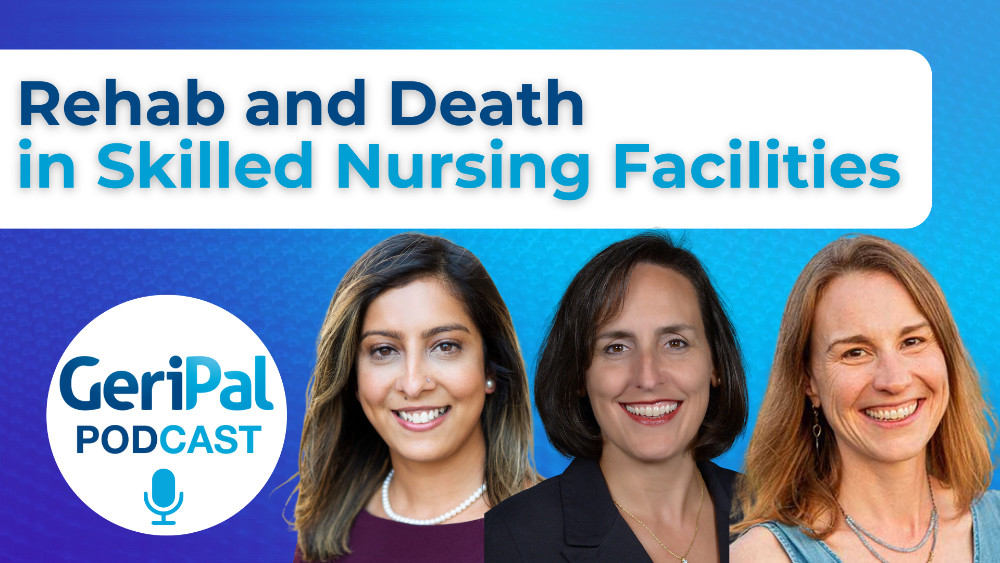Is advocating for equal access to opioid medication around the world part of our professional responsibility? What about reducing racial disparities in access to high quality long term care? Are these obligations or worthy aspirations?
Several of us in the UCSF Division of Geriatrics have been talking recently about where clinician obligations ends and aspiration begins. This discussion raises important questions about the limits of professionalism.
The image is a conceptual model of this issue from a terrific paper by Gruen, Pearson, and Brennan.
Caring directly for the patient in front of you is clearly a professional obligation. In hospice care, this obligation theoretically extends to caring for the patient’s family or loved ones. I have some concerns about balancing obligations to patients and their families, but let’s leave that for another post. I think clinicians can agree that direct patient care is the core of our professional responsibility. Now let’s move away from the center of the conceptual model.
The next layer in the model, providing access to care, is certainly a central issue in health care, and ought to be part of our professional obligation. This includes not just the usual health care coverage for all, but also access to interpreters for non-English speaking patients, accommodations for patients with disabilities, and mechanisms for serving rural and home-bound patients.
The layer out from this includes direct social determinants of health, like smoking. Counseling patients about smoking is a direct patient care issue, but advocating for local, state, and national laws to reduce smoking is a social determinant of health.
The outer two layers represent broader social determinants of health, such as income inequalities and racial/ethnic disparities, and global health issues such as the unequal distribution of resources and knowledge.
The further out from the center of the conceptual figure, the less direct the connection between that factor and health. While global health equity issues certainly contribute to international health disparities, the linkage is not as clear as, say, smoking and lung cancer. The clinician’s responsibility to address these issues may be no different than any other citizen’s responsibility.
Where do you draw the line between the obligations of health professionals in the public arena, and values that are worthy aspirations? Gruen drew the line between direct and broad social influences. I believe most health providers would draw the line between obligations and aspirations at the innermost circle – direct patient care.
Where should the line be?
by Alex Smith




